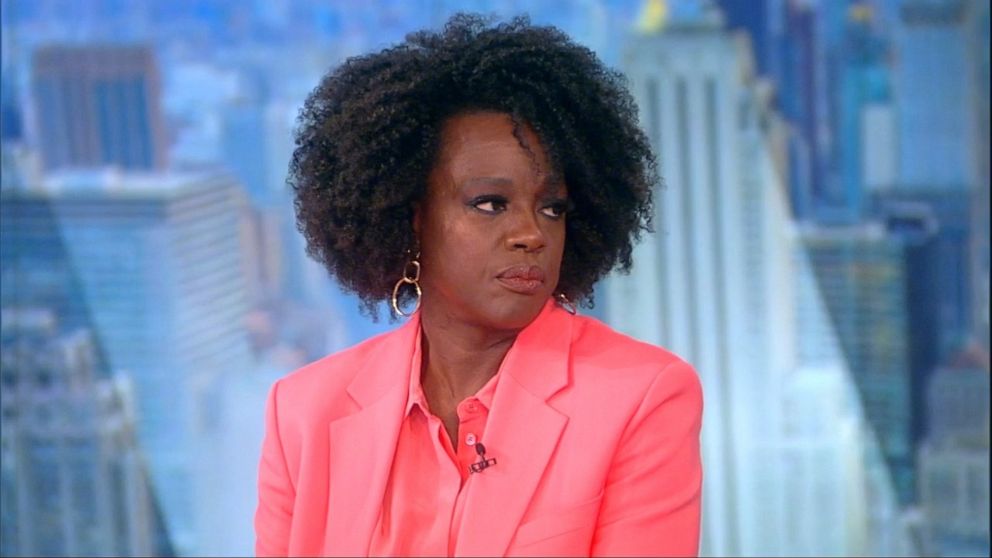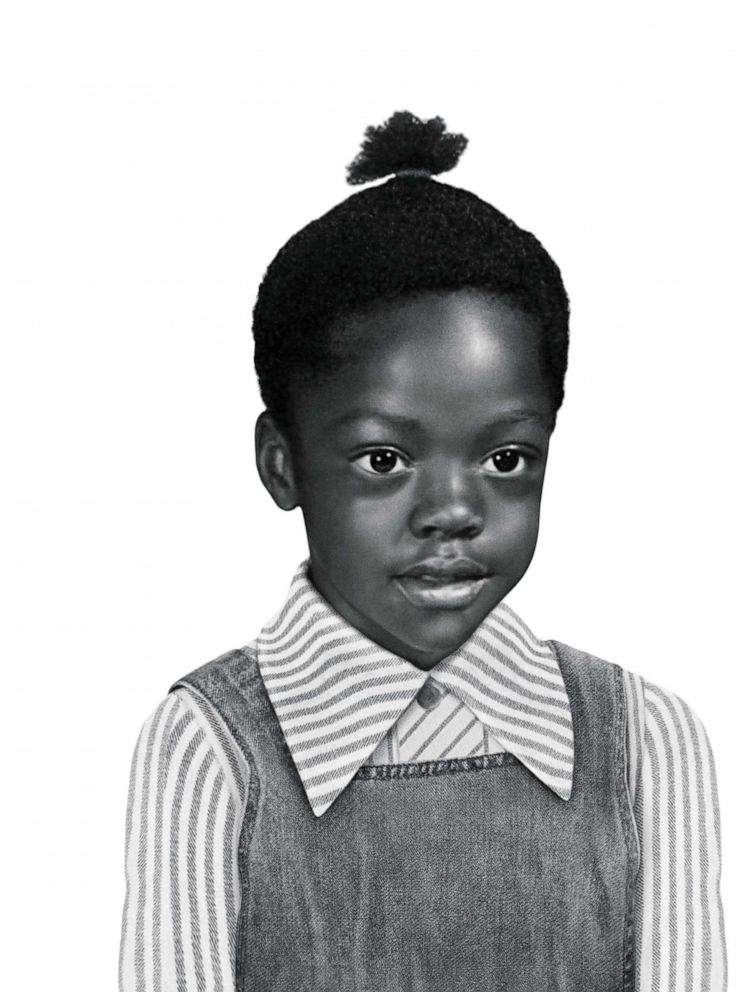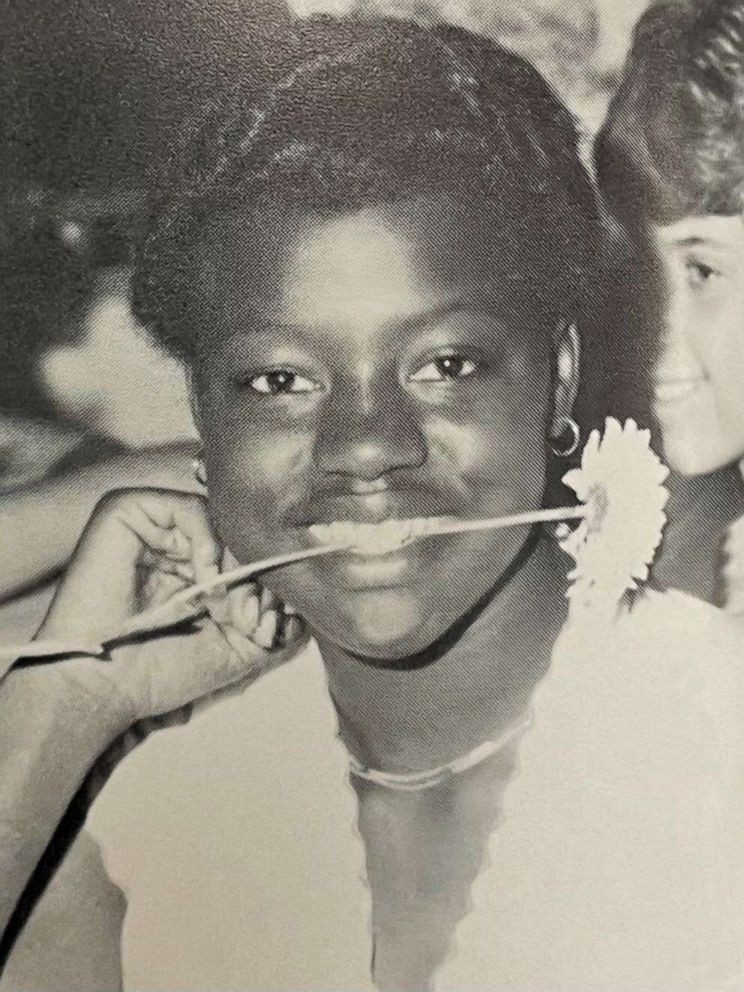Viola Davis says she 'internalized' childhood traumas: 'I felt completely isolated'
"What I felt was a complete absence of love," the actress said on "The View."
Viola Davis opened up about the shame she experienced growing up due to poverty and violence, which she details in her memoir, "Finding Me."
On Tuesday, the Tony and Oscar award-winning actress told "The View" about growing up in Central Falls, Rhode Island, which was a predominantly white neighborhood when she was a child. She said she endured rat-infested apartments, sometimes without running water or electricity, hunger, sexual abuse and witnessing her father physically abuse her mother.

Davis said she felt "shame for all of" what she went through.
"Shame for the poverty, shame for the violence, shame for being a bedwetter, shame for not being perfect," she told "The View" co-host Joy Behar. "I felt completely isolated, because I was growing up in a predominantly white community that I felt spit me out."

She went on to say that there was no one around to give her "any insight on what it meant to be Black" and "dark-skinned." Pairing that with "the side effects of trauma" she lived through, Davis said she "internalized" her struggles.
"What I felt was a complete absence of love," she added. "In order to feel the love, you got to have the hard conversations."
Davis explained that often when she shares her stories of "colorism, being darker than a paper bag" and growing up in poverty, it's difficult for her, because it's not a "pretty" narrative that emphasizes being a "boss."
"What I find, especially as a Black woman, is ... the only option you have is to assimilate. You have to give up your story. You have to suppress your rage," Davis said. "It's one of the reasons why I wrote the book."
Davis told "The View" that her memoir, "Finding Me," was her version of an "existential crisis of trying to find meaning of saying 'This is who I am, and I'm tired of filtering it.'"
In the memoir's opening, Davis tells the story about how, at 8 years old, she was chased home from school every single day by a group of boys who threw bricks at her and yelled racist comments. She said that experience defined her.
"When you're put forth in the world, when you're born, who tells you who you are? Who tells you how you're supposed to live? Who tells you how you're supposed to feel joy and find yourself and find peace and find all of that? If there's nothing like that around, then who defines it?" Davis said on "The View."
"I'll tell you who defines it, the boys who are throwing the bricks. I'll tell you who defines it. Where you don't see yourself in any books or images of yourself. I'll tell you who defines it, television," she continued. "You grab hold of it in the absence of nothing else. And it does piss you off, because you know innately that it's wrong, but you don't have any of the tools to fight it. That's who I was, it was like I was thrown into a raging sea. That's what it felt like."

Despite her hardships growing up, Davis said that there were some teachers who uplifted her during difficult times.
"They saw me," Davis said. "Sometimes, someone is just there long enough to carry you from one tiny experience to the next."
She recalled a time when she called a teacher from a payphone because she was having a panic attack. "Within 30 minutes, he was there. He came into the science class, interrupted and said, 'I got to talk to her.'"
"They carry you along when you can't carry yourself," Davis said of the teachers that helped her. "That's what all of them did."
"The View"'s original podcast series "Behind the Table" is available for free on major listening platforms, including Apple Podcasts, Spotify, Amazon Music, Google Podcasts, iHeartRadio, Stitcher, TuneIn, Audacy and the ABC News app.






